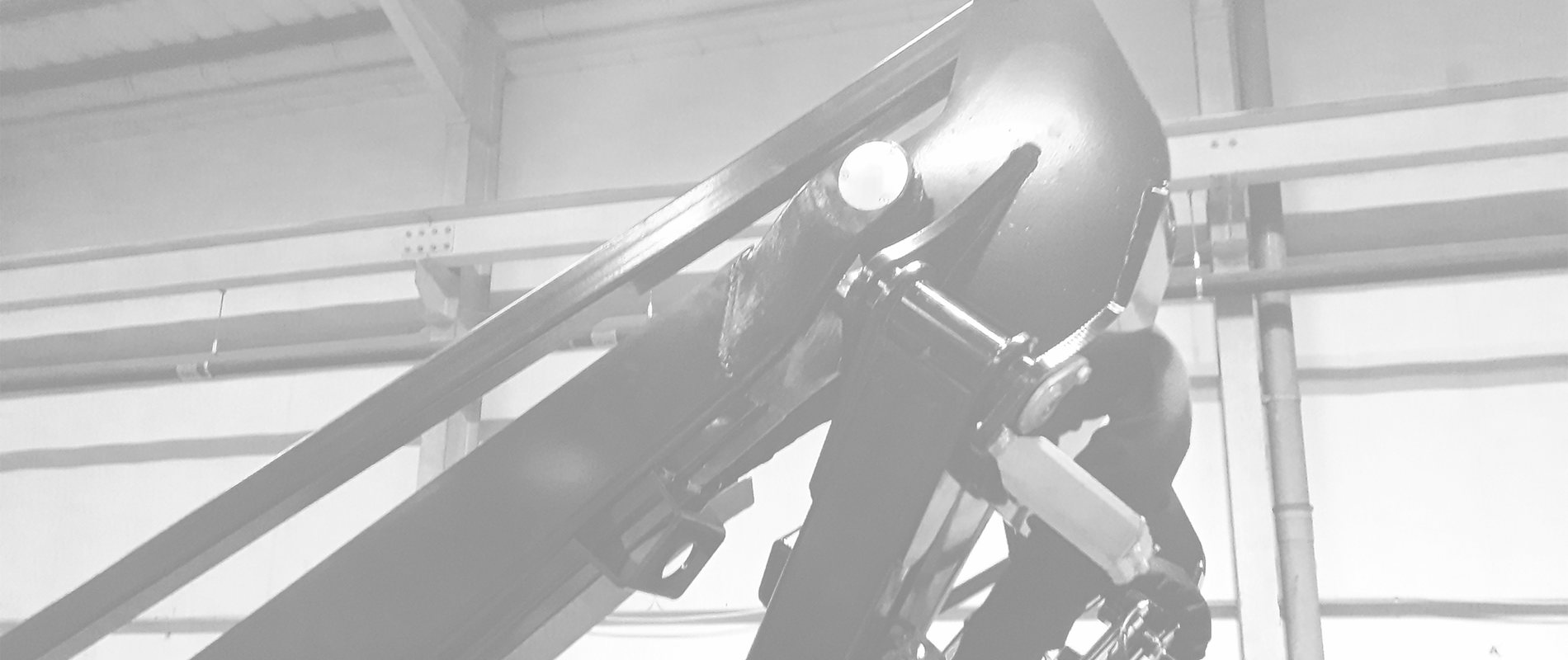We engineered tomorrow for
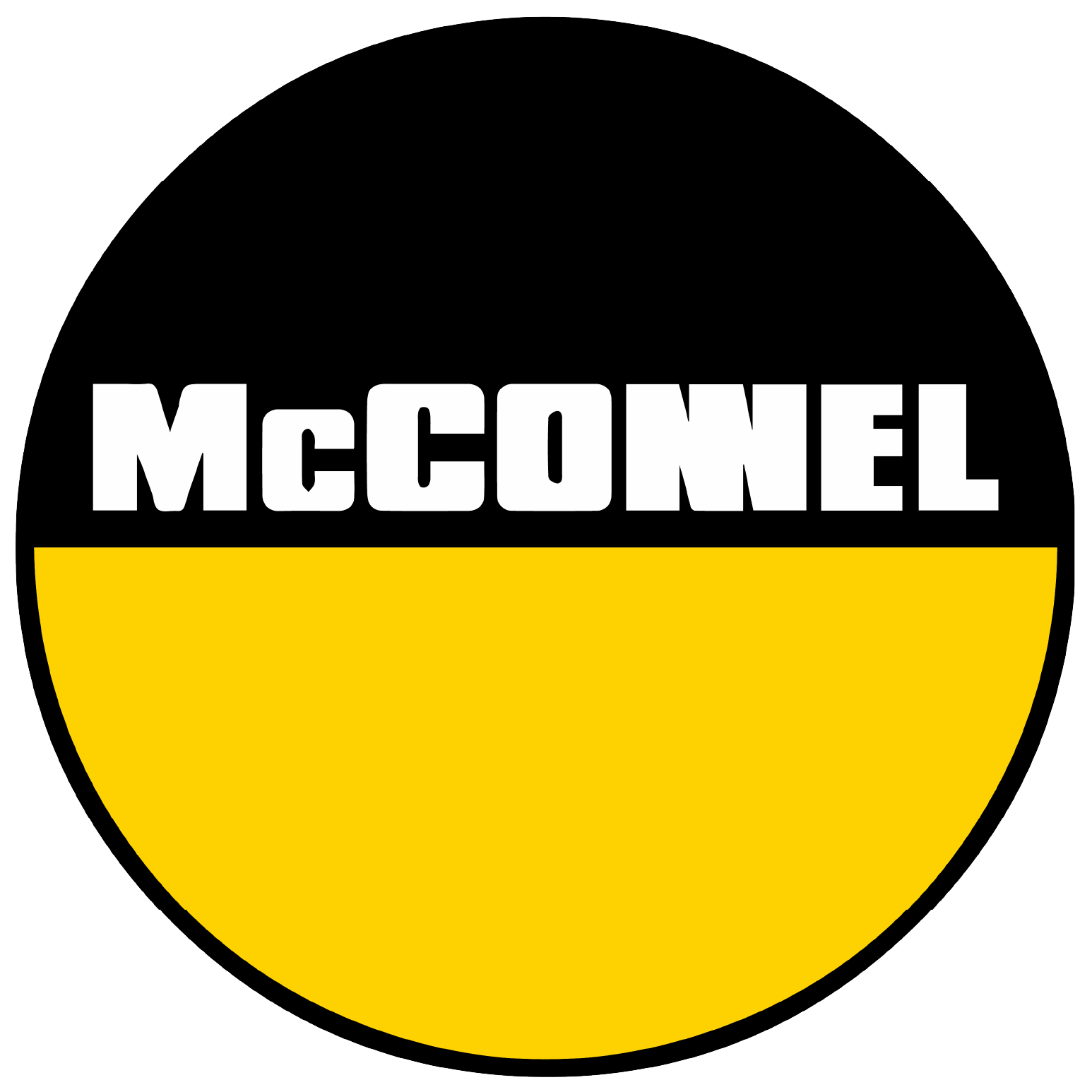
0.42kg
Reduction in weight
60%
Quicker to fix
10%
Saving per unit
Project Objective
During a review meeting with our long-term customer McConnel on site at their Ludlow facility, the engineering director informed GMS that the facility was continually looking for ways to develop and enhance their product range, whilst improving their manufacturing processes to stay ahead of the market to accommodate a 35% increase in demand from their customer base.
In the past, GMS had identified cost saving opportunities by moving current fabricated sub-assemblies (as pictured below) over to finished machined castings, but at that time there was not the capacity for the customer to manage the change through and they elected not to proceed.

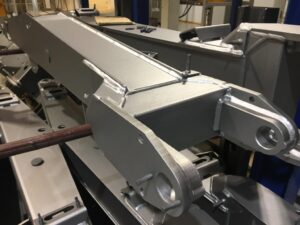
Original fabricated design
Taking this into account, the challenge for GMS was not only to assist the customer’s design team to produce a fit for manufacture alternative, but also support in the new product quality confirmation stage which would in turn alleviate the customer’s fears regarding lack of resource.
Project Method
A quick visit to the work shop floor, led to a point-to-point analysis of the current method of manufacture, from beginning to end.
Coalition of snap points were discussed which in turn lead to costing being applied for all operations, including; flame cutting, storage of sub-assemblies, inventory holding, weld fixturing, final welding and painting, and most importantly; capacity versus output.
Having identified the challenging areas with the current parts, all partners were consulted and concept designs drawn up.
Prototype tooling was laid down and in a short lead-time initial ISIR castings were produced, complete with Full Level 3 PPAP documentation and testing verification reports.

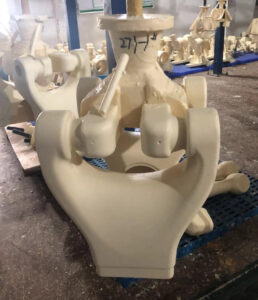
Jaw end wax model
Having received the samples, the finished machined castings were welded into the final boom arm assemblies, painted, and fitted to the final machine unit. During this process McConnel welding technicians noted that the parts took much less time to fixture up, and full seam welding progressed quicker than with the original fabricated sub-assemblies.
This machine was then despatched as Field Evaluation Unit (FEU) and underwent an 8 month trial period without any reported issues or breakdowns.
The assessment of performance was very good, and the feedback on the improved machine aesthetics was also commented upon from McConnel’s customers.
Project Outcome
Through application of its DFM (design for manufacture) expertise, and inter-organisational co-operation, GMS was able to work closely with McConnel to provide the following outcomes for the below finished product:
- reduction in inventory stock holding
- reduction in number of stock lines
- reduction in issuing of purchase orders
- less movement of parts
- reduction in weight
- improved fixturing
- improved weld quality
- improved vibrational resistance
- increased strength
- improved throughput
- increased capacity
- more aesthetically pleasing product
- (most importantly) cost savings

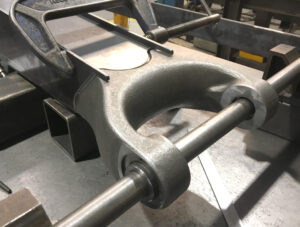
GMS assisted design

